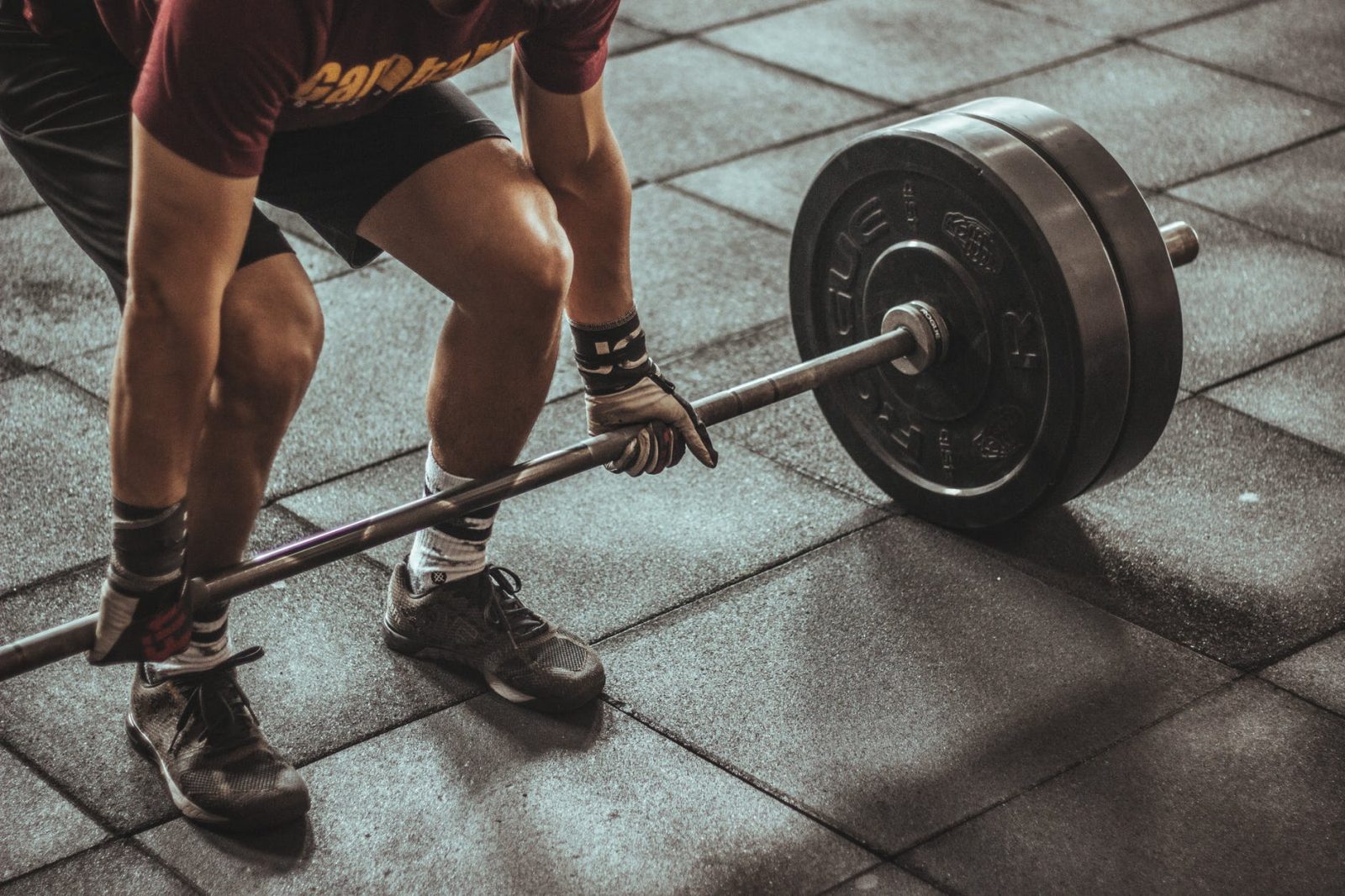- Email us if you have any questions:
- (954) 282-9080
- [email protected]
Top 5 Fitness Myths – Debunked!

“Spring” Into Shape With Body-Solid
March 4, 2019
Why You Need a Body-Solid PFT100 Functional Trainer
April 25, 2019Stop falling for these common fitness myths and be on your way to a healthier, stronger, leaner, and more muscular you.
Myth 1 – You Can Target Fat Burning
Myth #1 is a common one. It likely comes from a misunderstanding of body composition. While you can target a particular body part, like your arms for example, to tone, you cannot simply decide to lose weight there and be successful. If you want to lose fat in a specific area of your body, your best bet is to perform exercises that target the muscles in that body part. By strengthening your arms, for example, you will begin to tone and develop your muscles, which in turn helps you lose fat in this area. Simply doing a ton of bicep curls won’t do the trick for losing arm fat though, since this type of exercise doesn’t burn a ton of calories. Instead, you need to lose weight overall in your body while targeting specific body parts for toning and definition.
This is why cardio and other whole body workouts along with a healthy diet are needed to see results.

Myth 2 – Women Will Get Bulky if They Lift Weights
There are a few points to be addressed with this myth. First, bulky is a subjective term. What may seem bulky to you, may simply be fit and strong to another woman. Any person’s ultimate goal should be to feel fit, healthy and comfortable with their body.
Furthermore, lifting weights will tone and strengthen your body, the shape of your body may change but it won’t necessarily get bigger. In fact, lifting weights will likely do the opposite of making a woman look bulky and will actually make a woman’s body look tightened and svelte. In order to “bulk” a woman not only would have to do excessive weight lifting, but she would have to bulk up her diet as well to promote such growth.

Myth 3 – High Amounts of Protein Builds More Muscle
Yes, protein is an important component of your diet, however, your ability to build muscle is not dependent on protein. In fact, most research indicates that consuming too much protein could actually do more harm than good to your body since it can put other bodily systems under stress.
Seems like everyone at the gym is doing it: filling up on protein to bulk up those biceps. But it’s a misconception. Eating extra protein actually doesn’t do much toward boosting your muscle mass and strength.
So how much protein do you actually need? According to WebMD you should consume 0.36 grams of protein for every pound of body weight, according to recommended daily allowances set by the Food and Nutrition Board. This means if you weigh 170 pounds, you need approximately 61 grams of protein a day. Additionally, your protein intake should make up about 15% of your total daily calorie intake, this means if you consume 1,800 calories a day, about 270 of those calories should come from protein.
Myth 4 – Doing Crunches Alone Will Get Me a Six Pack
This myth is similar to Myth 1 regarding targeting fat loss. Not only will you be unsuccessful at losing weight in your stomach by doing crunches, but you won’t be able to achieve a six-pack either. In fact, a 2011 study from the Journal of Strength and Conditioning Research that studies and measured the impact of six weeks of abdominal exercises found that while exercise performance improved, there was no significant reduction in abdominal fat.
While doing abdominal exercises can absolutely strengthen your core muscles, you can only achieve a visible six pack by reducing your body fat to a lower range. For men, this means approximately 10% body fat and for women 20%. Unfortunately, crunches alone will not help you meet this goal.

Myth 5 – If My Muscles Aren’t Sore I Won’t Get Results
The last of these 5 fitness myths is from a phrase we’ve all heard time and time again – “No pain, no gain” – but this wasn’t referring to sore muscles post workout.
Sore muscles are caused by delayed onset muscle soreness, also known as DOMS. Typically, you will experience this because you introduced a new training activity, increased your workout intensity or volume, or if you’re new to physical activity overall. This is why you may be sore the first few days of a new workout, but as the days continue, you can build up from there, and you won’t feel as sore.
Soreness should not ever be used as the measure of a successful workout. In fact, if you workout to the point that you are so sore that you cannot do the same exercise after three days because of muscle soreness you’ve likely overdone it.
If you are shopping for new fitness equipment, but are unsure of the best equipment to suit your needs, we can help! Our team members are always only a phone call away and are happy to help you make your next purchase. We will walk you through your health needs, physical ability, any restrictions, and desired results and help you determine which is the best piece of equipment to suit your individual needs.
If you would like to schedule an appointment to discuss your next purchase fill out the form below or give us a call at (844) 442-7232 today.






